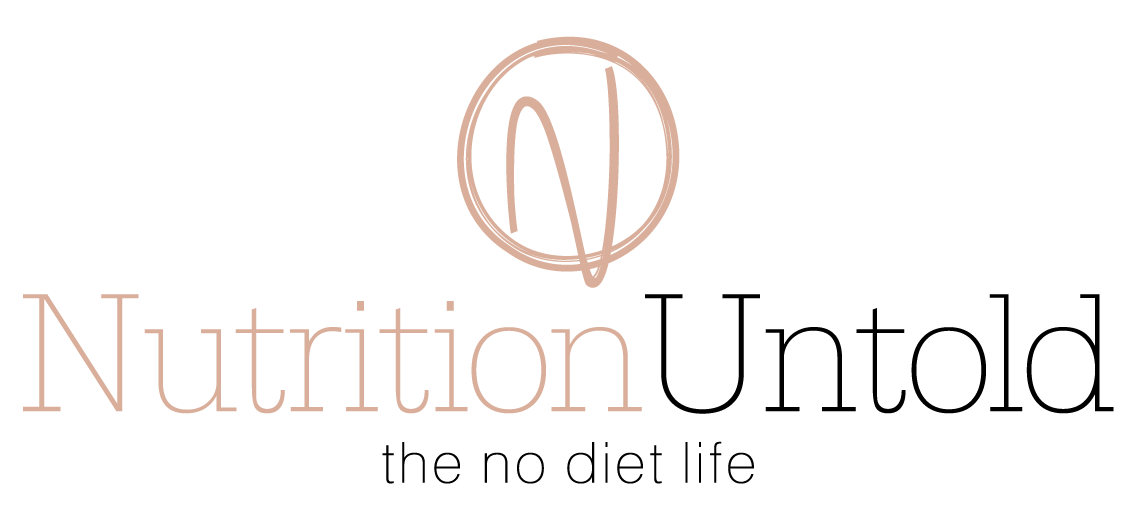Competitive sports can have many benefits on a person’s self-esteem, mood, confidence and overall health and wellbeing. However, research shows that athletes are two to three times more likely to develop an eating disorder compared to the average person. Usually, the main types of eating disorders that athletes suffer from are anorexia and bulimia. Though they can occur in all sports, the greatest risk for eating disorders happens in “lean sports” where being at a certain weight may be a requirement or having a low body weight is believed to give a competitive advantage. Examples of such activities include gymnastics, ballet, cycling, running, diving, horseback riding or marital arts. The personality traits of a high-performance athlete are also another factor to consider as he/she are generally perfectionists, competitive, hyperactive and have high self-expectations.
Generally, most athletes struggling with eating disorders are females, but males are also at risk and sometimes the signs in their case are overlooked.
What are some risk factors?
- Low self-esteem
- A person who has a member with an eating disorder in the family
- A person who is on different diets all the time.
- Pressure from influential people such as coaches or parents to lose weight to improve sports performance.
- Over involvement in sports, with limited social and recreational activities
- Training even when sick or injured
- A traumatic event
- An injury
- Sports that emphasize body appearance or the importance of a low body weight
How to recognize some of the warning signs?
Recovery is possible but recognizing the warning signs early on and getting the right Eating Disorder Treatment early on is important for a faster and a more likely recovery.
Some warning signs include:
- Preoccupation with food and exercise, and body shape
- Obsession with dieting, calorie counting and food
- Irrational fear of being overweight or becoming fat
- Distorted body image
- Low self-esteem
- Depression, fear, anger, or anxiety
- Unusual or rigid eating habits, behaviors and rituals
- Social isolation
Be on the lookout for the female athlete triad.
The female athlete triad is a condition with similar characteristics as anorexia. Its main symptoms are disordered eating, amenorrhea (loss of menses) and osteoporosis and is also considered an eating disorder. It is important for coaches and parents to keep an eye out for one or all three symptoms and alert a healthcare professional for the right eating disorder treatment.
What about exercise addiction?
Exercise is a great way to boost energy levels, build muscle mass and strength, improve mood, and reduce stress levels; however sometimes one can quickly become dependent on the natural “high” that follows a workout and become addicted to exercise.
Exercise addiction is a difficult condition to reverse as it has so many positive physical, mental, and emotional gains. Withdrawal from exercise can be challenging since most of the time it may lead to depression, low mood, and low energy.
If an athlete does have an exercise addiction, it is important to wean him/her off the fitness program gradually and help them find other ways to cope with stress and their emotions. Having different tools and strategies other than exercise in place to help them release their feelings is essential for their recovery and Eating Disorder Treatment.
Helping athletes with eating disorders:
To help with the growing problem of eating disorders in athletes, parents, coaches, and fitness professionals should be aware of the warning signs and risk factors and educate themselves on the different Eating Disorder Treatments. The best way to help athletes with an eating disorder is to encourage them to focus on their health more than diet or eating style. Focus on physical strength and mental health for better exercise performance rather than the need to be abnormally thin or lose weight. Coaches and fitness professionals should avoid making any negative comments regarding an athlete’s weight or body shape but rather be a source of support and motivation. If an athlete does need to lose weight, working with a qualified dietitian is important for healthy sustainable weight loss.
If you or your loved one is struggling with an eating disorder and are looking for Eating Disorder Treatment in Dubai or abroad, please feel free to reach out on [email protected].


